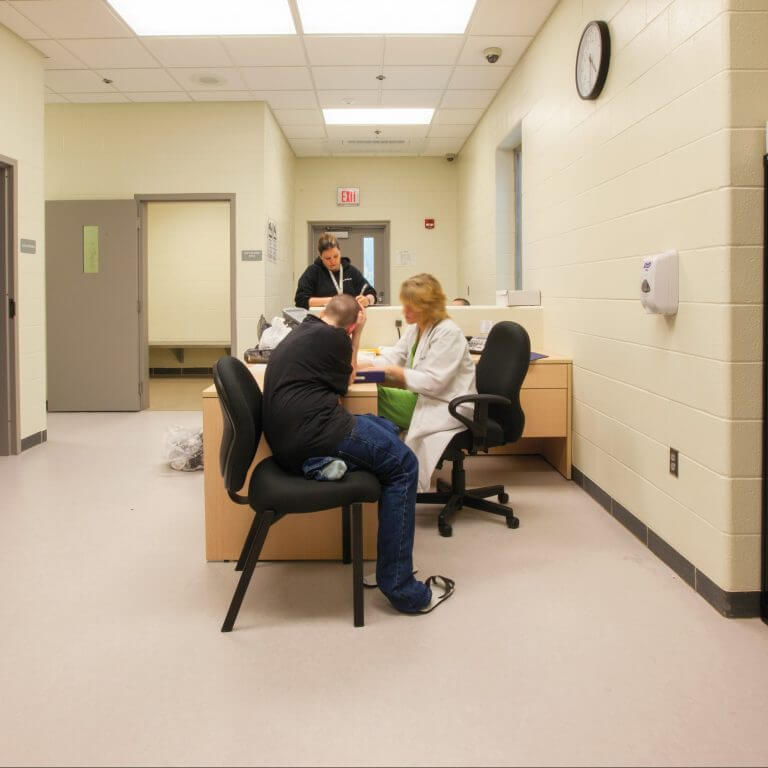The Challenge
Each year, tens of thousands of children are admitted to hospitals for the treatment of assault injuries (e.g., gunshot wounds, stabbings, or physical assaults). Many more witness such events or know a loved one who has been impacted. Full diagnostic post-traumatic stress disorder can derail a child’s development and significantly increase the risk for substance abuse, suicidality, poor mental health, and impaired functioning at home, school, and in the community. Hospital and community-based violence intervention programs (HVIPs) were created to meet the various needs of violently injured youth. Historically, HVIPs have focused on reducing re-injury and retaliation and improving case management services. Recently, these programs have begun to focus on mental health and the high prevalence of PTSD symptoms among violently injured youth. There is a significant need for new research to assess and document the efficacy and impact of various interventions on these outcomes.
The Project
Through his Stoneleigh Fellowship, Arturo Zinny is partnering with Drexel University’s Healing Hurt People to research the impact of evidence-based trauma-specific practices on the mental health needs of violently injured young people, with a focus on racial/ethnic minorities and LGBTQ youth. In particular, he is building the evidence base for how hospital and community-based violence intervention programs address the mental health needs of youth impacted by violence and identifying and systematizing the key ingredients for providing trauma-sensitive peer services for youth and families.
The Stoneleigh Fellowship will enable Arturo to:
- Conduct a systematic literature review of research on the effectiveness of HVIPs in addressing the mental health needs of violently injured youth.
- Conduct a retrospective evaluation of Healing Hurt People’s pilot implementation of home- and community-based trauma-focused cognitive behavioral therapy, supplemented by peer services and case management for violently injured youth.
- Partner with young professionals with lived experience of violence to identify and systematize the key ingredients for culturally relevant and evidence-based peer support services and disseminate his findings.
- Provide training and consultation to various child-serving agencies on effective and culturally relevant peer support services.






